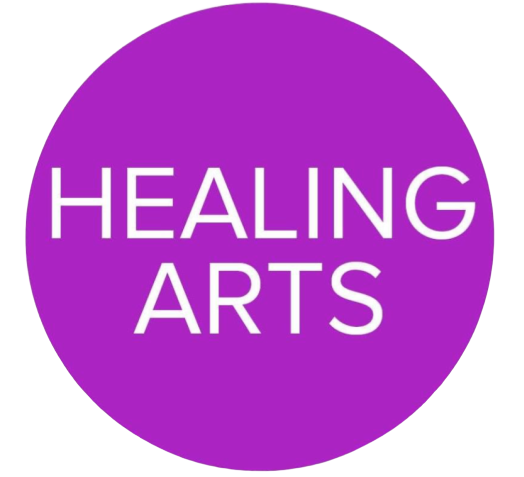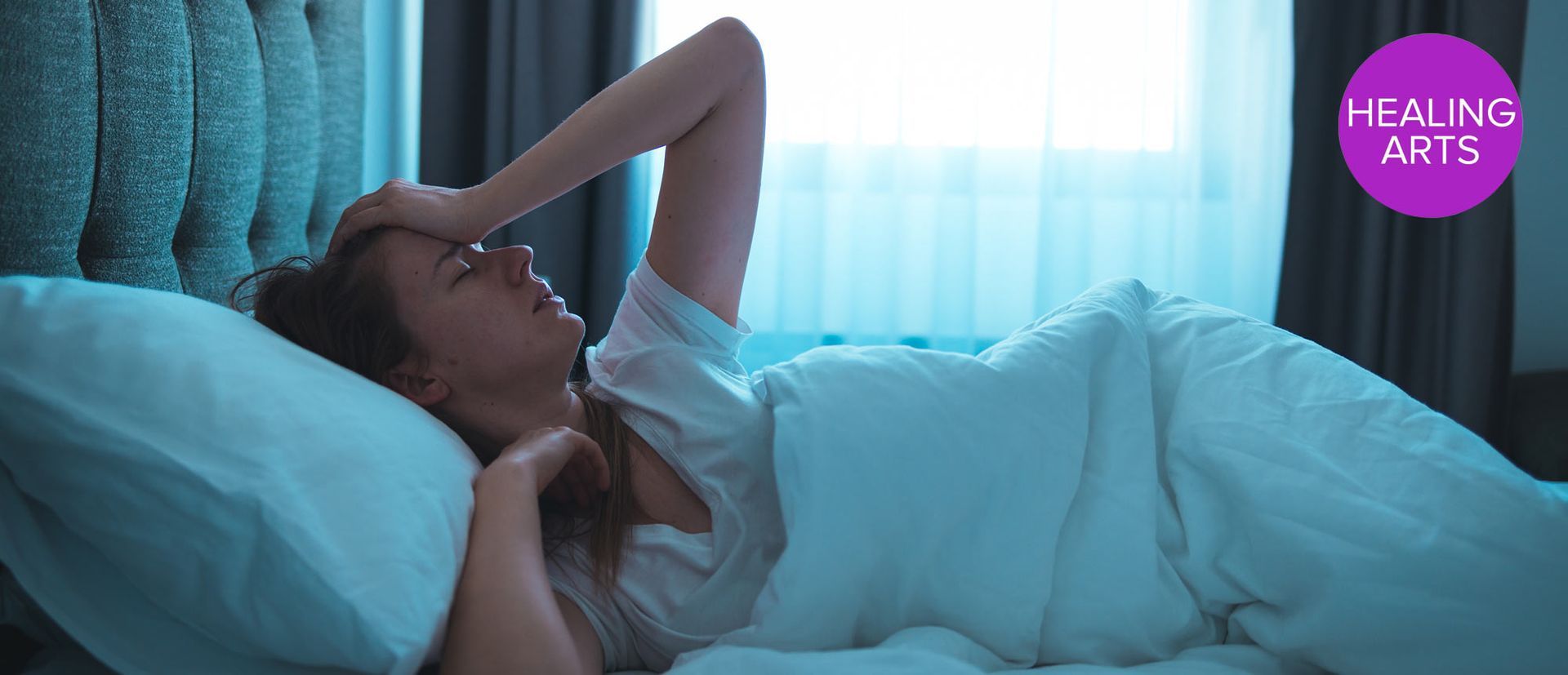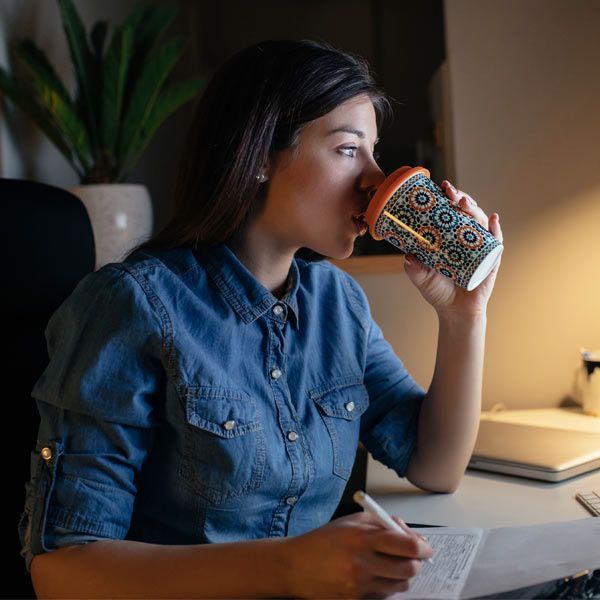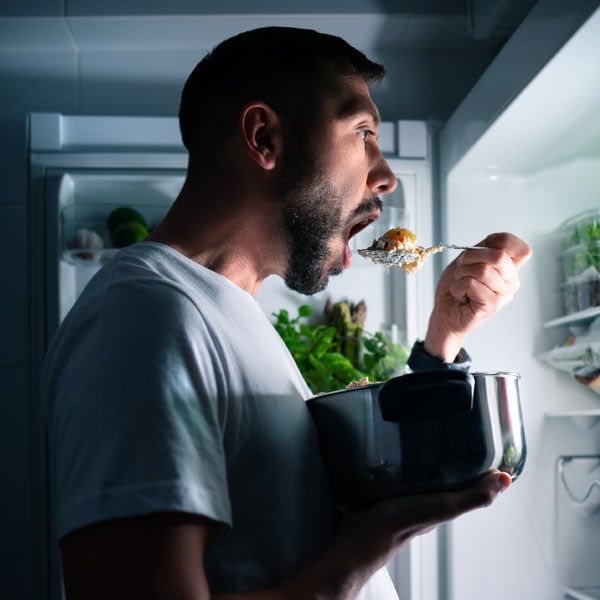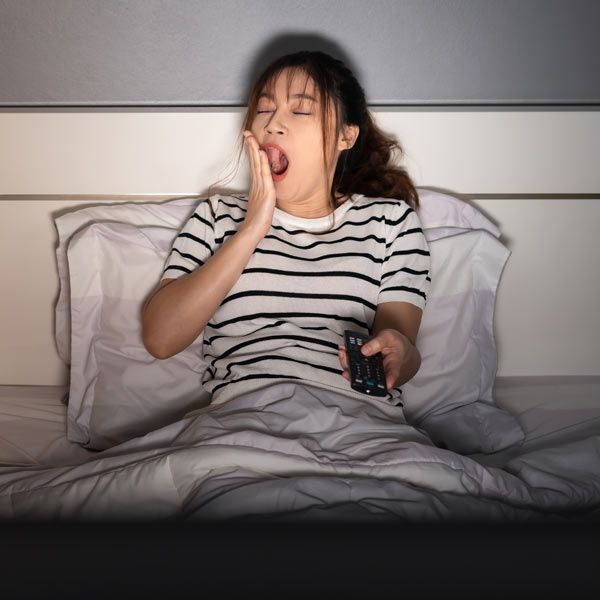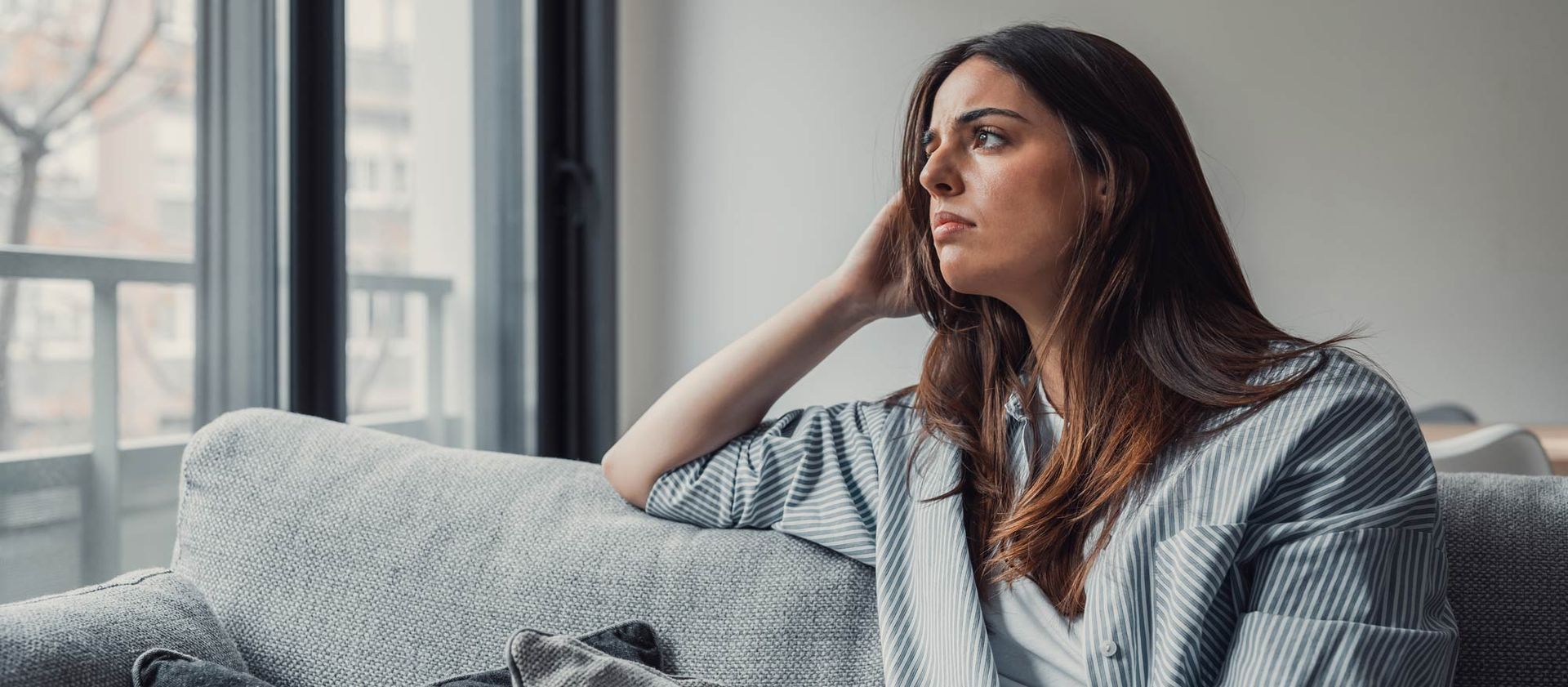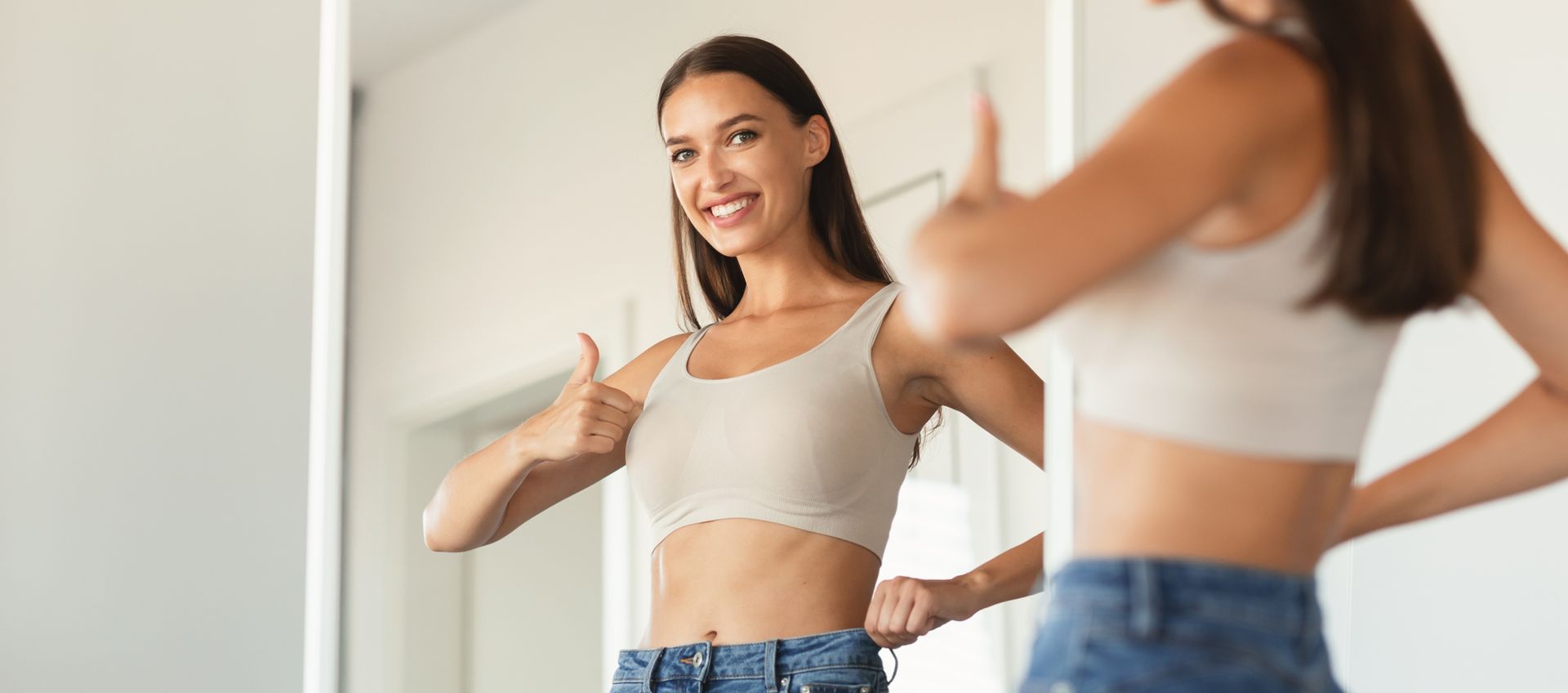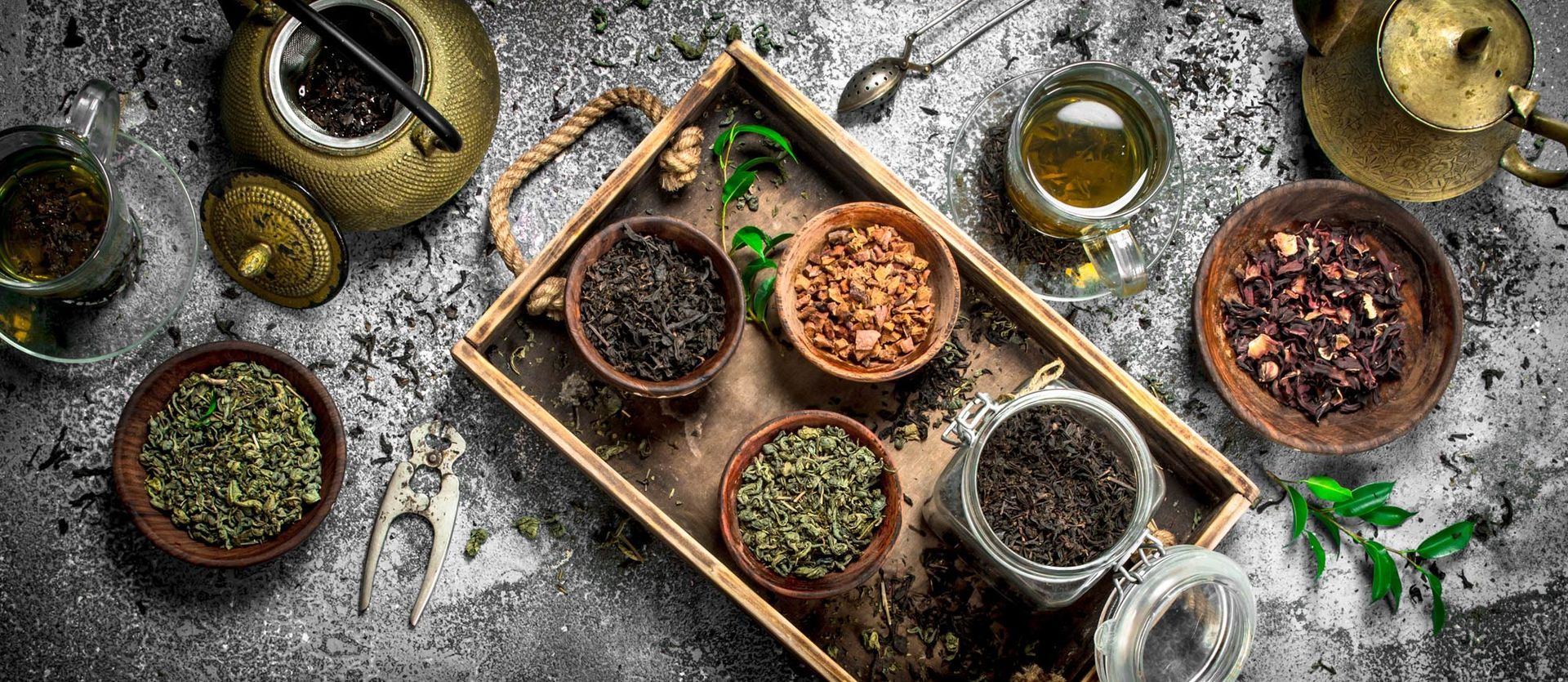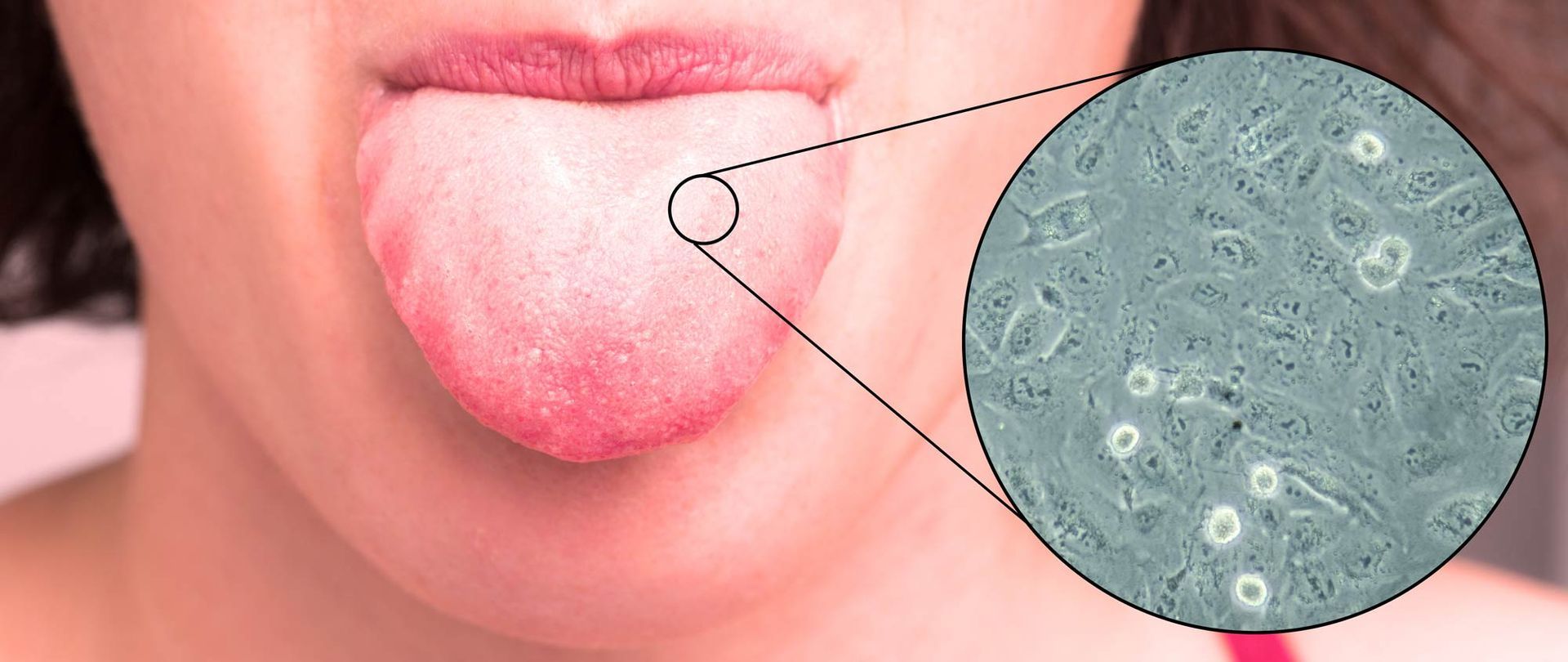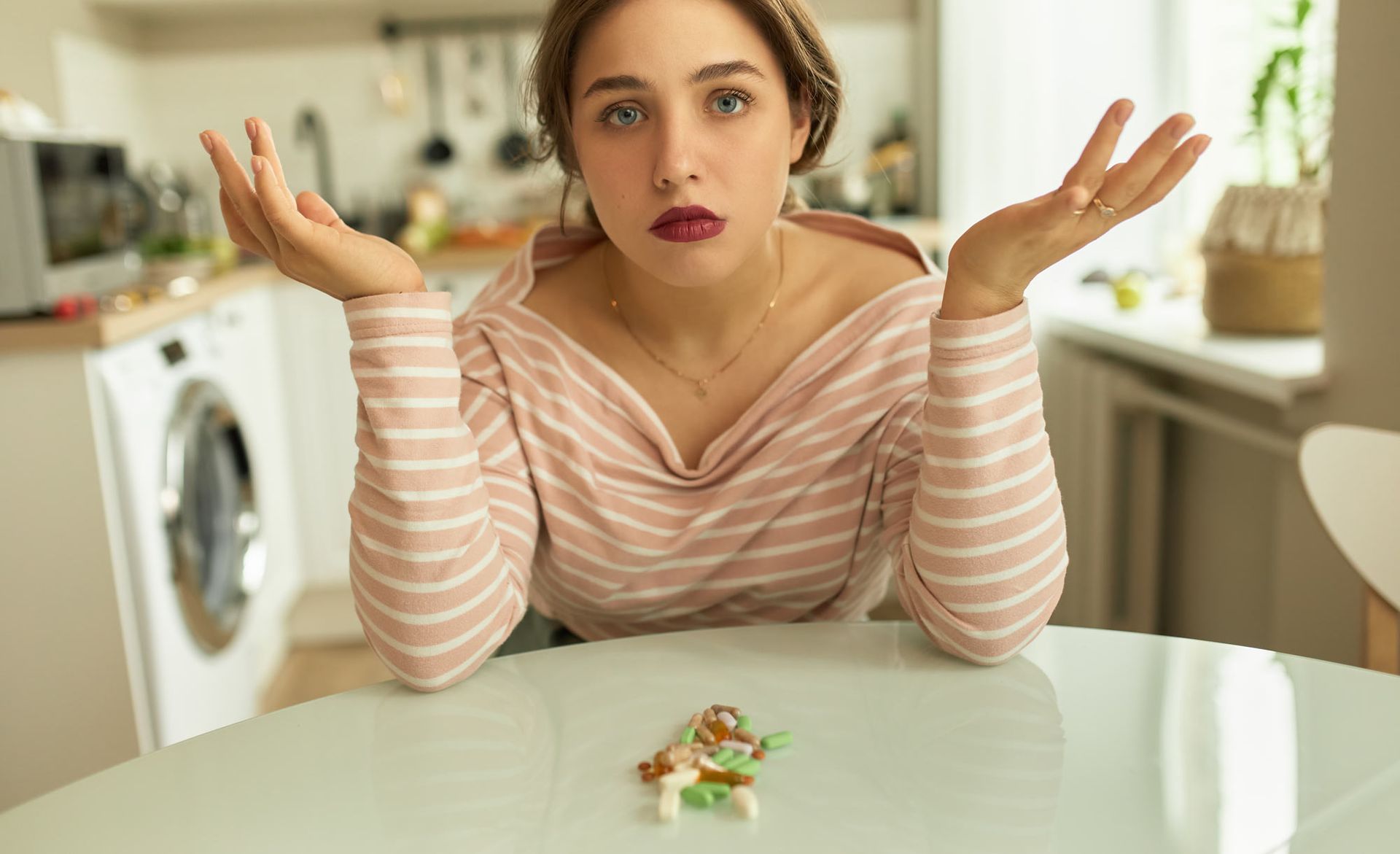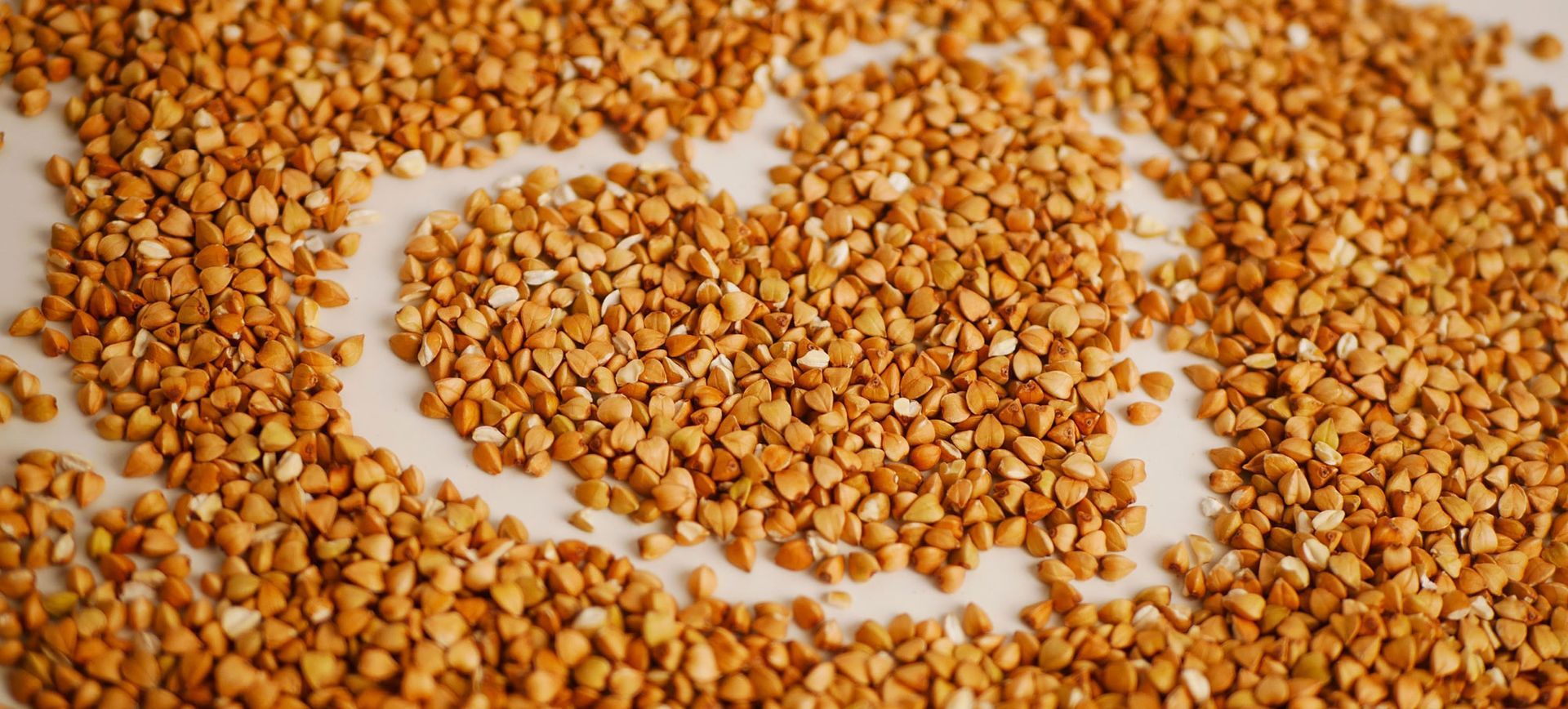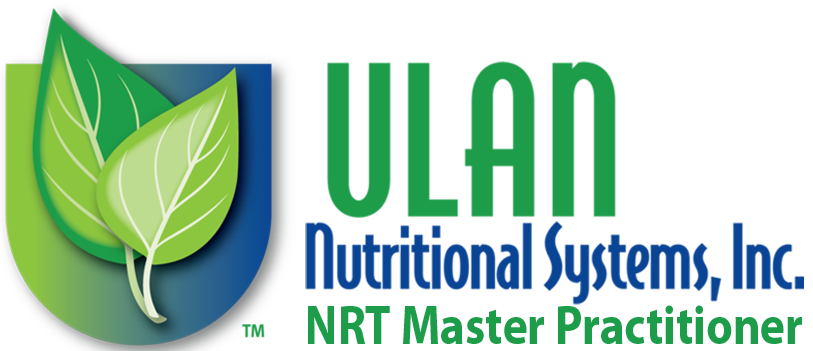Healing Arts NYC - Manhattan's Premier Integrative Health and Wellness Center - Dr. Alicia Armitstead
(866) 585-5999
Natural Tips for Insomnia Relief
Insomnia is an epidemic, as 25% of Americans have it occasionally, and 10% have it chronic. So, if you are suffering from a lack of sleep, know that you are not the only one!
-Dr. Alicia Armitstead
My patients often ask me, 'How much sleep do I need?' Sleep is a very controversial issue. Here is my best answer to a tricky question. For most people, 7-9 hours is an ideal amount of sleep, with more people requiring 9 vs. 7. Inadequate Sleep disrupts health in many ways, leading to hormonal and metabolic imbalances, accelerated aging, increased onset and severity of type 2 diabetes, high blood pressure, obesity, memory, loss and more.
I decided to do a podcast about it because not sleeping well also lowers the immune system, and we need to do everything we can to keep ourselves strong and healthy right now. Insomnia is an epidemic, as 25% of Americans have it occasionally, and 10% have it chronic. So, if you are suffering from a lack of sleep, know that you are not the only one!
We don't need to sleep more, but we need to sleep deeper. Feeling well-rested in the morning should be our standard, not a luxury. So start with these good habits and see how returning to the basics feels. Start incorporating all the habits at once or start with one, and then once that one becomes a habit, incorporate another.
Ten Hours Before Bed — Stop Drinking Caffeine
Now, when it comes to beverages, if you test well for it, caffeine can be healthy for you as long as you don't fill it with stuff that's bad for you, like sugar, sweeteners, or dairy. I can do one small cup of coffee daily, but ensure I have it only in the morning. If I don't have it with breakfast, I won't have it. So, put a hard stop on caffeine 10 hours before bed.
For some, this could include chocolate. Even the caffeine in chocolate is a potent stimulant that can last well into the night before finally wearing off. When that happens, you can kiss the quality of your sleep goodbye — which causes you to feel groggy the next day. So, giving your body enough time to rid itself of caffeine is essential.
At Least 3 Hours Before Bed — Stop Eating Food
I used to be guilty of this one myself. But the "midnight munchies" can often lead to weight gain, acid reflux, and, let's not forget, it's a huge energy drain on your body! You see when you snack before bed, your body is forced to digest all of the nutrients in your food, which puts a dent in your energy reserves. Instead of relaxing, your body is hard at work digesting. So, to enjoy more energy, I recommend you finish eating at least 3 hours before bed. This will give your body the time it needs to digest your food the way nature intended and allow you to wake up the next day feeling rested.
The worst thing we can do is eat grains, refined sugar, or alcohol, which causes a spike in blood sugar and then a crash. Sleep isn't as deep when the body crashes; in severe cases, you wake up in the middle of the night and need to eat something. Sleep eating occurs in severe cases. Also, avoid foods that you are sensitive to. This is particularly true for dairy and wheat products as they may have adverse effects on sleep, such as apnea, excess congestion, stomach upset, and gas.
If you wake up in the night to urinate, don't drink any fluids within 2 hours of going to bed. Even if you get back to sleep quickly, getting up in the middle of the night breaks your sleep cycle, and the time you spend in deep sleep is less. Yet, if you are dehydrated, you will wake up in the middle of the night, so monitor your water intake throughout the day. If you wake up in the middle of the night, I would first drink water, so keep a glass next to your bed.
One Hour Before Bed — No More "Screen Time"
Electronic screens emit rays of "blue light," which can disrupt your sleep cycle. Blue light stimulates the brain, disrupting the pineal glands and making it harder to fall asleep or sleep well.
Thankfully, during the daytime, these rays aren't so harmful. In fact, "blue light" can even help to boost your attention, reaction times, and mood. But, at night, too much exposure to "blue light" can confuse your hormones into thinking it's still daytime, which wreaks havoc on your "internal clock" and robs you of energy. On the other side of the light spectrum, orange or red light can help one sleep. There are orange or red light bulbs you can buy and have on within that hour before bed. For children who need night lights, I highly suggest this type of light to have on for them.
Now that there is 5G, people are becoming even more sensitive to their electronics. Definitely don't have your phone on next to the bed. If you want it on to use as your alarm, put it across the room, but the best is to use an alarm clock and have your phone off. Avoid using loud alarm clocks. It is very stressful on the body to wake up with a sudden loud noise. It would help if you slept until your body naturally awakens, making an alarm clock unnecessary. If you need an alarm, use a dawn simulator, which gradually emits light to full intensity over 45 minutes, much like the sun. This way, you don't start the day stressed out, in fight or flight mode.
So, as a general rule, you should put the electronic devices away one hour before bed. (That means no TVs, cell phones, laptops, etc.) I love to read a good book before bed and meditate. A hot shower or bath would be good, too, especially with lavender oil. You can spray lavender mist on your pillow. Doterra makes a lavender blend called Serenity that helps you Sleep if you rub it on the bottom of your feet before bed. It also helps if you create a bedtime routine and do the same things every night. It's a type of conditioning that tells the body it's time to sleep now.
The Key to Better Health
Your goal should be to sleep before 11 pm. Your body performs most of its repair and recovery from 11 pm to 1 am. During this time, the gallbladder dumps toxins. If awake, the toxins go back into the liver and your bloodstream. If you are asleep, the toxins go where they should, which is into the large intestine to be taken out through the bowels the next day.
It's also important to Go to bed and wake up simultaneously each day, even on weekends. This rhythm makes it easier to fall asleep and get up - also sleep in complete darkness. If not, the pineal glands' production of melatonin gets disrupted. You can get black-out blinds, shades, or a sleep mask.
The Racing Mind
If you lie in bed with your mind racing, keeping a journal and writing down your thoughts before bed might be helpful. This lets you download your racing thoughts to paper and clear your mind. Meditation is also great for a racing mind, but if the reason for your mind racing is overwhelming or you are new to meditation, you may want to try a visualization. To listen to someone's voice is helpful to clear the mind.
Breathing helps, too. There are some great breathing techniques, like the Wim Hof method, but it can be just as simple as taking three deep breaths. Inhale, and with the first exhale, release tension found in any part of your body. Inhale and release any emotional tension you feel on the second exhale. Inhale, and on the third, exhale out any mental stress. When you breathe with these intentions, it's amazing how relaxed you feel afterward. We don't know how much tension we carry.
Parasites
If you have trouble sleeping, one reason could be bad gut flora, especially if you have parasites. Parasites are nocturnal, so their increased activity at night can throw your body's circadian rhythm out of whack. Learn more about parasite treatments.
Blood Sugar Issues
Now, if you sleep well but are waking up too early, it could be a blood sugar issue where the blood sugar is too low, causing you to wake up, so for better, deeper sleep, you actually would want to have what I call a "sleep snack" right before bed. I know I just talked about not eating before bed, but if you have a blood sugar issue, you will want to eat a little something. This sleep snack isn't just any snack, but it is very specific. It's either a spoonful of nut butter and some honey or avocado on a gluten-free cracker right before bed. The protein and carbs will help you sleep deeper and sleep better.
A Full Moon
Believe it or not, a full moon can disturb your sleep. During the week of the full moon, people can have a hard time sleeping because the moon's gravitational pull prevents us from hitting our deep sleep, according to EEG studies. The theory is that it's left over from our evolutionary past.
We know that some species' circadian and reproductive cycles are tied to the moon, so we might have some leftover traits, too. The moon affects the ocean's water, so it can affect us, too, since we are 60% water.
Weighted Blankets
Patients have shared with me that sleeping with a weighted blanket really helps them. There are specific blankets out there called weighted blankets. The idea is that the pressure from the blanket calms the nervous system down and helps you sleep better. It is also the adult version of swaddling, where the pressure makes us feel safe. They state that it increases the body's production of serotonin and melatonin, the hormones responsible for relaxation and sleep, while decreasing cortisol, the hormone responsible for stress, so it should also help with anxiety.
Himalayan Salt Lamps
Another thing that can help with sleep is if you have a Himalayan salt lamp in your room. Salt is a negative ion that helps reduce indoor air pollution and allergens improves mood and sleep and relieves stress. How can negative ions do all that? Back to Science 101, "An ion is an atom or molecule in which the total number of electrons is not equal to the total number of protons, giving the atom a net positive or negative electrical charge."
Our bodies are full of positive ions from all the chemical reactions. Positive ions also come from our electronic devices like computers, TVs, microwaves, and even vacuum cleaners and can often exacerbate problems like allergies, stress, and sleep trouble. Negative ions can neutralize positive ions (they bond together) and help cleanse the air. Negative ions occur more often in nature; things like lightning storms, sunlight, waterfalls, and ocean waves often create them. This is one of the reasons people frequently report feeling renewed or refreshed after a storm or at the beach.
Having the negative ions in the air you breathe cleans the air, but also, as you breathe it in, the positive ions in your body and the negative ions you just inhaled come together to create an atom without a charge, which puts less stress on the body. Otherwise, an ion having a charge is known as a free radical and causes oxidative stress in the body. That's why eating and drinking antioxidants is healthy for your body. Foods highest in antioxidants are cranberries, blueberries, and blackberries in the fruit category. Beans, artichokes, and Russet potatoes were tops among the vegetables. Pecans, walnuts, and hazelnuts ranked highest in the nut category. So, for better sleep, eat some blueberries and purchase a salt lamp.
Earthling Sheet
If you are having trouble with sleep, purchase an Earthing sheet. They are sheets you put on your bed and plug into the electrical outlet to absorb negative ions while you sleep. It could be better than getting it from nature, but it does help. To get it from nature, the term is called Earthing or grounding, and it is the practice of walking outside barefoot so your feet can make direct contact with the surface of the earth. Earthing allows the exchange of positive and negative ions between our bodies and the earth, reducing damage-causing free radicals. Think about the last time you were barefoot with nature and how it made you feel.
Besides, better Sleep, Earthing has fantastic benefits. Here are some reasons you should make earthing part of your daily routine. With fewer free radicals in your body, you'll experience:
- A decrease in inflammation. Inflammation is the root cause of all chronic diseases and chronic pain.
- Increased energy
- Lower stress and promotes calmness in the body by cooling down the nervous system and stress hormones
- Normalizes the body's biological rhythms
- Thins blood and improves blood pressure and flow
- Relieves muscle tension and headaches
- Lessens hormonal and menstrual symptoms
- Dramatically speeds healing
- Reduces or eliminates jet lag
- Protects the body against potentially health-disturbing environmental electromagnetic fields (EMFs)
- Accelerates recovery from intense workouts
If you want to read more about the earth's natural healing benefits, Earthing by Orber, Sinatra, and Zucker is a must-read. And earthing sheets can be found on the website grounded.com
Headaches
A common symptom of not getting enough sleep is waking up with a headache. Headaches affect MILLIONS of Americans. Many patients come to my office wanting to work on their sleep or digestion, and when I ask about headaches, they say, "Oh, yeah, I have that too." It can happen so frequently and for so long that people think headaches are normal. You need to know you don't have to live with them and that they aren't normal. It's the body's way of signaling that there's something wrong. It's like the alarm system going off in a building; instead, it's not a building; it's your body, and the alarm is your head.
When you do have a headache, people feel that they have two choices: either pop an over-the-counter painkiller or push through it by either ignoring it or sleeping it off. If you choose to pop a pill, the most common are Aspirin and Ibuprofen. But shockingly, these can actually lead to more problems in the long run. First off, multiple studies have shown these so-called "fixes" wreak havoc on your gut and digestion. According to the acclaimed Mayo Clinic, Aspirin and Ibuprofen can cause you to have more headaches down the line. These headaches are called "rebound headaches." And in many cases, they're MUCH worse than the original headache you set out to fix.
When you start feeling a headache, the first question you should ask yourself is, "Am I dehydrated?" Dehydration is a prevalent reason for a headache. Consider drinking 3 liters of water daily for the average person. If you realize the headache could be due to stress, the fastest, most straightforward thing to do is stop everything and take three deep breaths. Breathing helps get the body out of the stress mode by calming down the nervous system and not getting stuck in the 'fight or flight' mode. Coherent Breathing is an easy method to continue getting stress off the body.
Another way to soothe a headache is not in your breath but in the palm of your hand. It's called the L-Zone and acts like an "on/off switch" for headaches.
When you massage your L-Zone (right above the knuckle of your thumb), this "signals" increased blood flow to your head, neck, and shoulders. This technique can soothe tense muscles and greatly relieve tension headaches.
Here's how you massage the L-Zone:
- Breathe in and out deeply for 10 seconds
- Take your right hand and make it into the shape of a gun or an "L."
- Using your left hand, find the middle of the "L" (the meaty "web" of your palm between your thumb and pointer)
- Then, apply moderate pressure to that spot with your thumb and pointer finger and massage for 20-30 seconds
- Repeat as needed to soothe headaches, as well as relieve neck and shoulder tension
- Bonus: For increased effectiveness, apply ice to the L-Zone after massaging. Warning: Do not massage L-Zone if pregnant.
So even though I hope you never have to deal with a headache in the first place, these simple tricks of drinking water, deep Breathing, and massaging the L-Zone can help!
Also, all three tips are a great preventative measure. So even if you don't have a headache, give your L-Zone a quick 20-second massage, be aware of breathing from your diaphragm, and drink enough water throughout the day.
Summary
Getting good sleep and energy is one of our greatest gifts in life; these good habits will help you have more of it. As you can tell, if you incorporate these healthy habits, you need to know when to go to bed. So, having a bedtime will be a new habit for some of you. So, if you don't go to bed around a specific time, start with that first. All these health tips are to help you live your best life now. Sleep well! Be well!
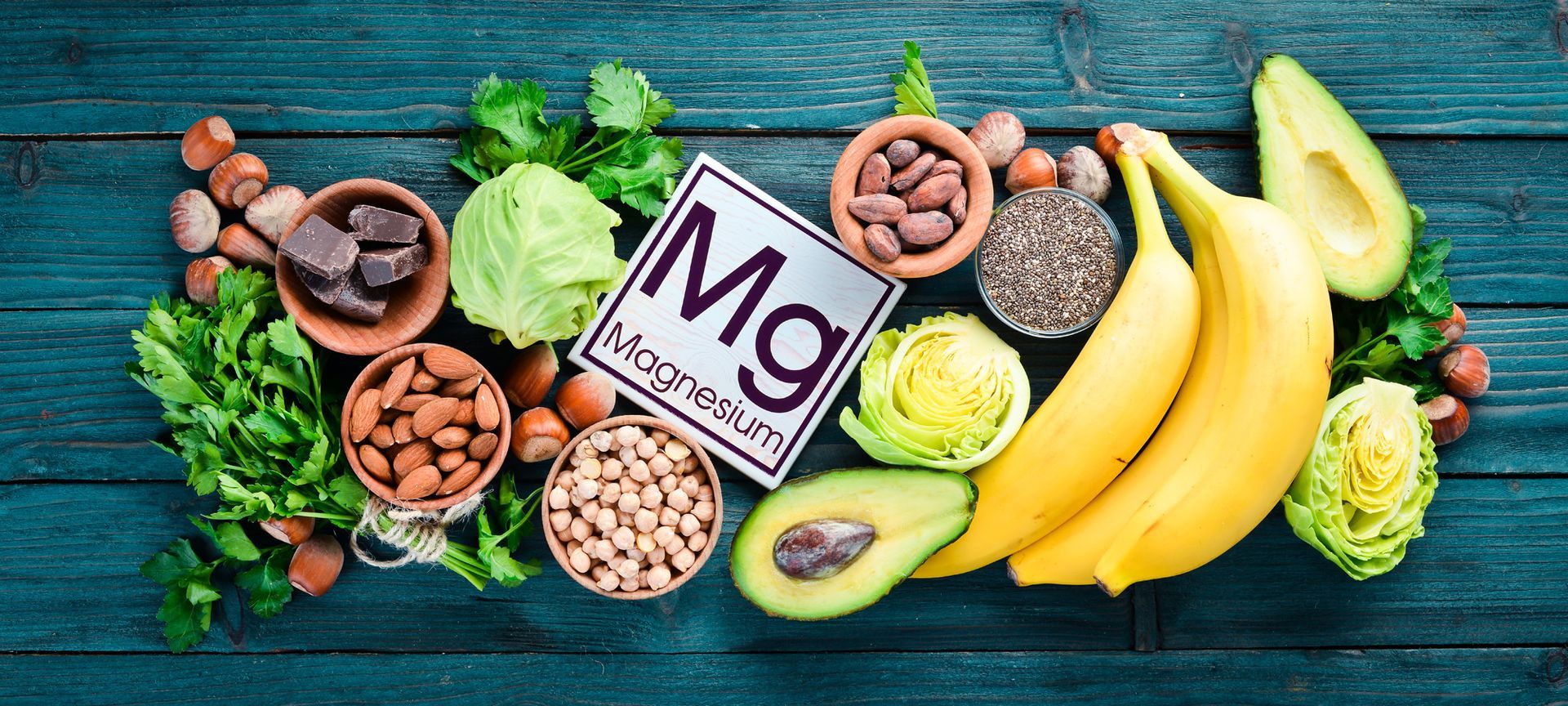
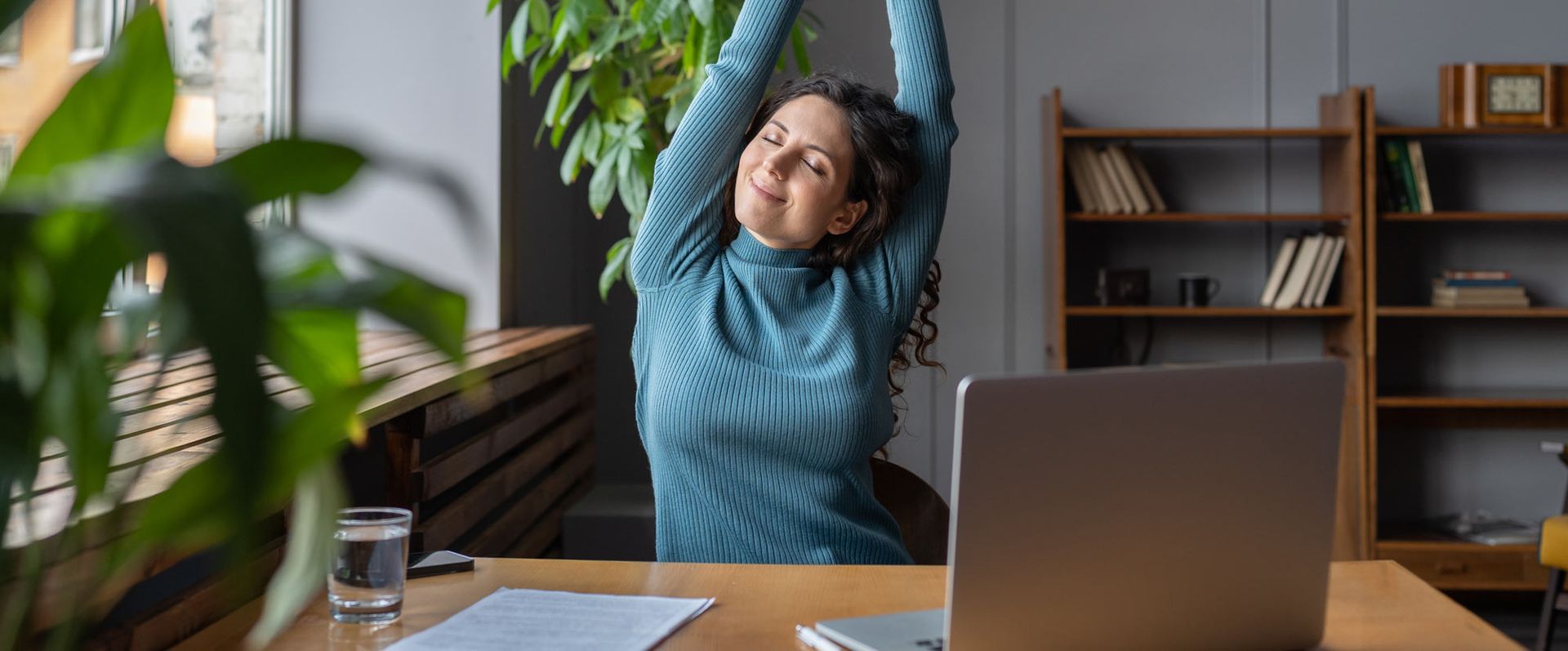
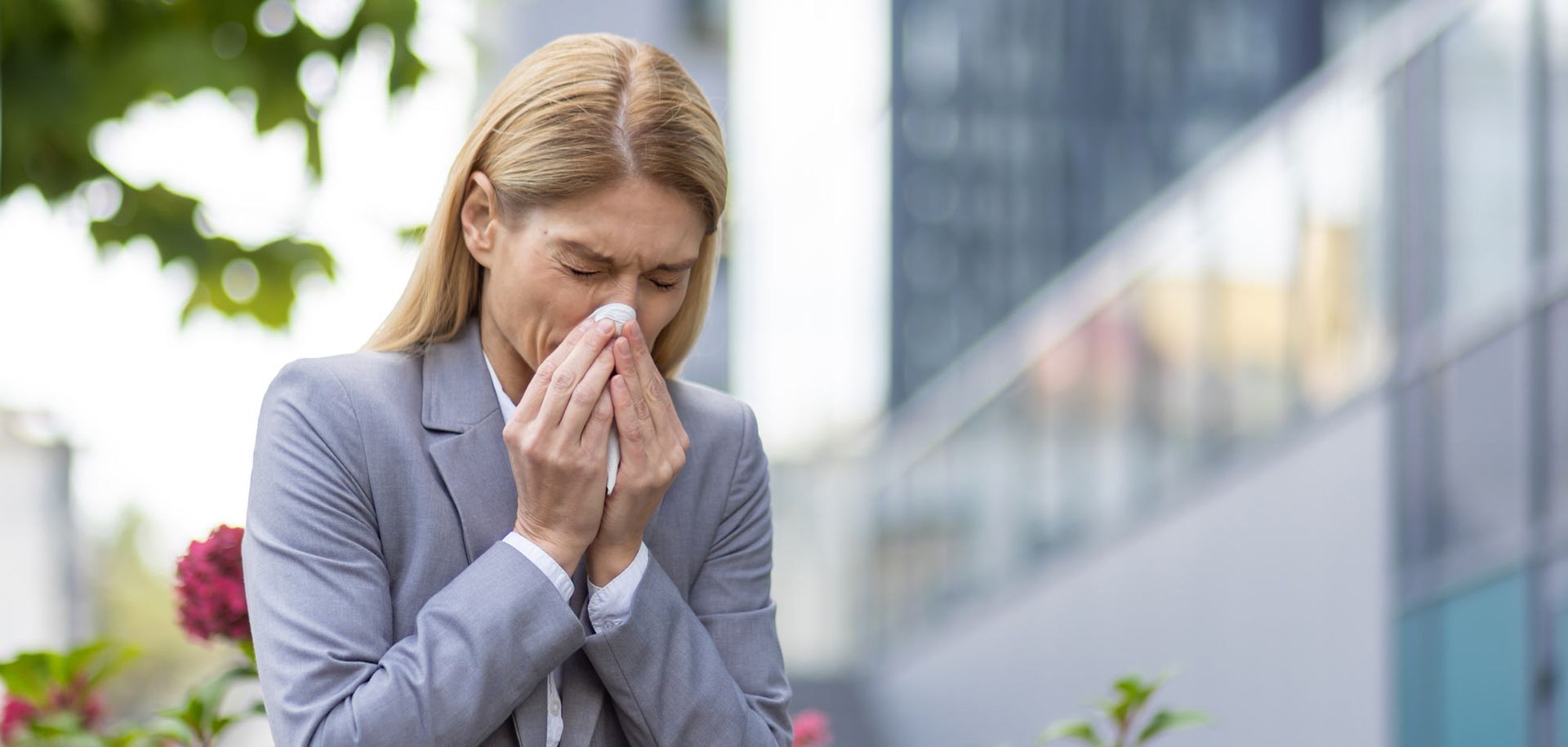
Click on a button to go a map.
315 Madison Ave Suite 2101 New York, NY 10017
25 Sylvan Rd. S. Suite B. Westport, CT 06825
42 Kilman’s Point Rd. Branford, CT 06450
Click on s button to go a map.
315 Madison Ave Suite 2101 New York, NY 10017
25 Sylvan Rd. S. Suite B. Westport, CT 06825
42 Kilman’s Point Rd. Branford, CT 06450
Healing Arts does not provide medical services. Suggested nutritional programs are not intended as a treatment for any disease. Our advice is not intended to diagnose, treat, cure, or prevent any disease or condition. ©2021 Healing Arts NYC. All rights reserved. Art Licensed by Shutterstock©
